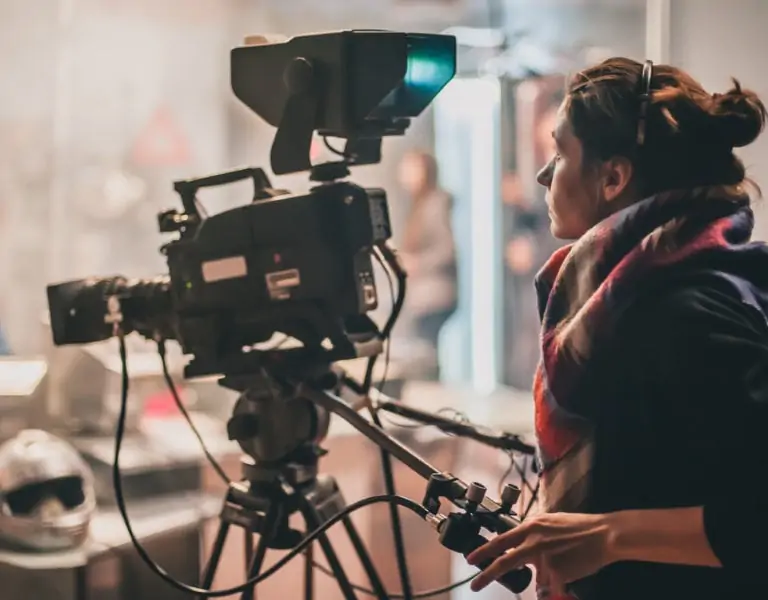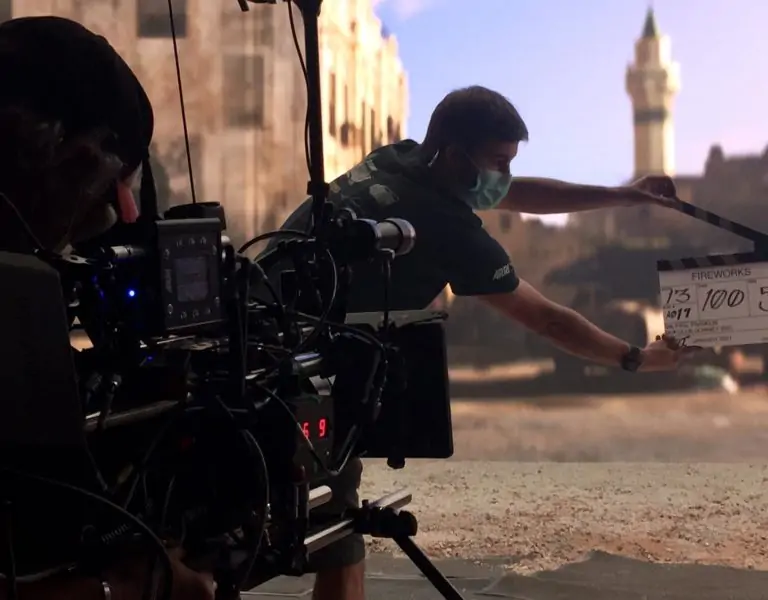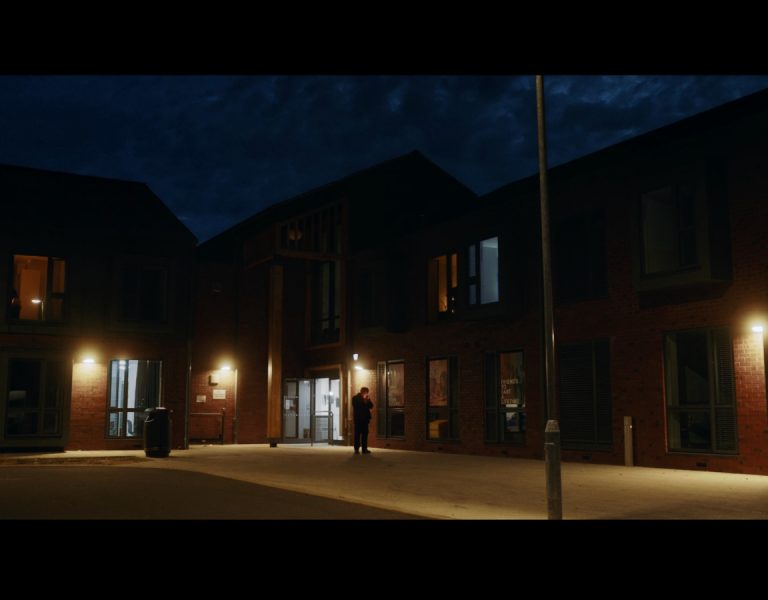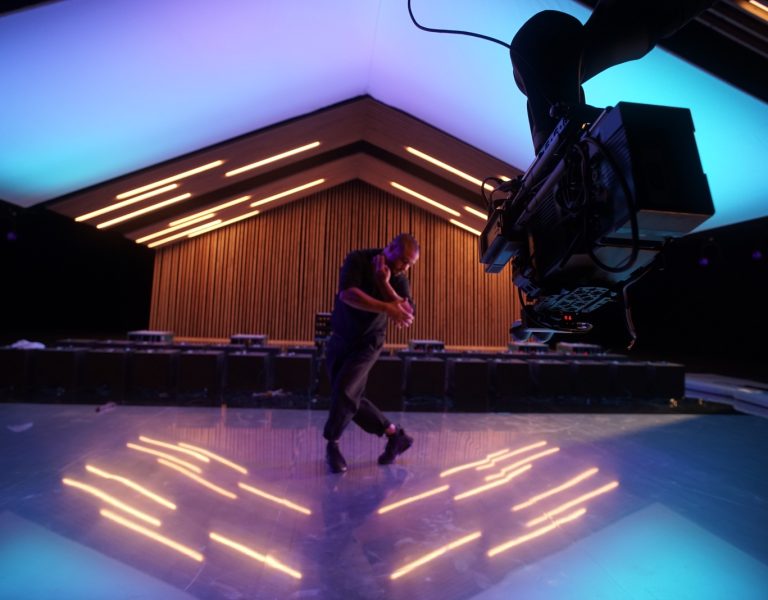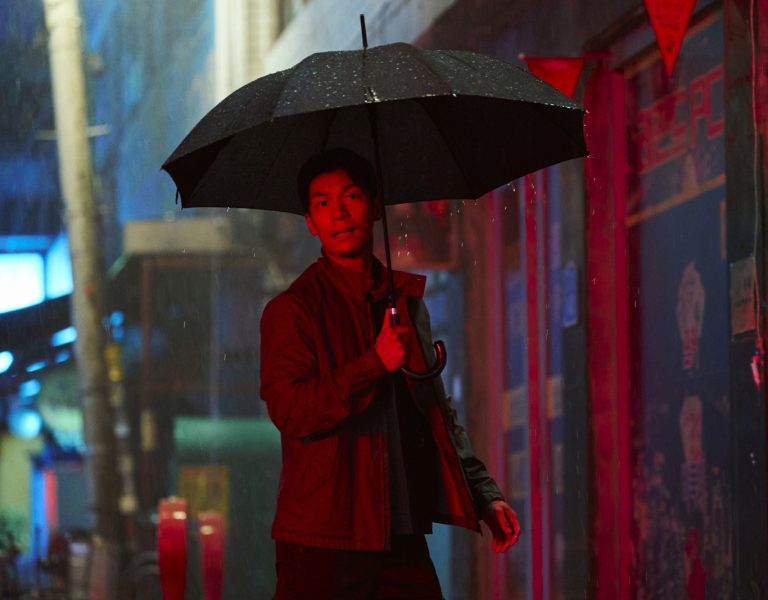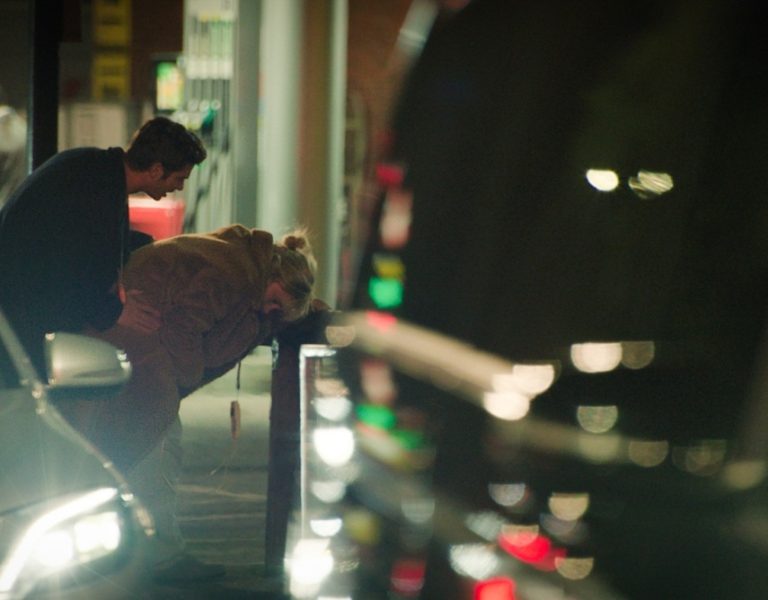As the GBCT whittles down the hundreds of applicants for its popular traineeships to just a handful of talents, its president Tim Potter explores what makes a successful trainee.
One of the interviewees for the Guild’s traineeships asked one of the most difficult questions any interviewer of such a group of equally highly talented applicants can be expected to answer: “What are you looking for in a successful candidate?”
This year the Guild had over 700 applications for its half dozen-ish places. Several of the senior members took some considerable effort to whittle these down to a long list of some 60 who were invited to be interviewed. This is where the difficulties start for those of us who were tasked with selecting a short list of a dozen or so candidates who would attend the familiarisation course and be assessed for the final list of trainees.
The shortlist must fit a very finely defined set of characteristics. They must be people who would benefit most from the year of work placements. They must have the highest promise for working at the top level of the camera department, not necessarily as superstar directors of photography but more so at all the levels of technical work. There are plenty of organisations that aspire to produce those superstars with widely varying degrees of competence and success. Rather, we are looking for candidates with the best potential to become the best operators, focus pullers and indeed loaders.
The selection is not about who has the most experience at the time of interview. This is no guarantee of future talent and progress. Some with little experience have oodles of promise. Many factors go into making the best technician and technical knowledge is only part of the equation. When we ask candidates what is their favourite and least favourite camera, we are not looking for a make and model. There is no right answer. Rather we are looking for the way the candidate approaches the analysis of the choice. We are looking for the thinking process. When we ask about outside interests, we are looking for well-rounded characters. We could easily find our dozen by eliminating all those who go rock climbing, but that would not leave us with the interesting people we are after.
When a group of Oxford admissions deans were put the fateful question, they said they were looking for an “Oxford Person”. This very circular logic is typical of academia, but not helpful to us. How does one pin down “our sort of person”, and more to the point, should one. It is a very self-reflexive approach to the issue and leads to the selection of people who mimic the interviewer. Some time early in the history of the Race Relations Acts (in particular their 1970s incarnations) a motor industry manufacturer was hauled over the coals for only advertising jobs on the factory notice board. They thought they were being fair by favouring internal promotion, but in fact they were restricting the employment opportunities to the existing social and racial group that already worked at the plant and their friends and families. This was inherently racist. The selection process has to have an openness and inclusivity that is active without over-riding the key characteristic: aptitude.
The answer to that key question: “What are you looking for in a successful candidate?”, lies in that one word: aptitude. The questions one asks candidates must be designed to draw forth from the interviewee the qualities that show the level of aptitude that they possess. This now leaves the interviewers with the unenviable task of assessing the aptitude of those sixty-odd candidates and selecting that short list of the most apt few.
Industry evolution
I think it safe to say the past few years will be memorable for many for the wrong reasons. 2022 has been one of the most unexpected and unpredictable in many ways. Sitting here a year ago I would never have imagined many of the events unfolding within the year.
A few examples. Russia starts a war in Europe, Her Majesty the Queen sadly passing away after 70 years of service to the country, three Prime Ministers in two months, inflation and fuel prices through the roof, and the UK having a summer heatwave with the highest temperatures on record melting airport runways.
Then it became more like the 1970s (for those who can remember) with a NASA spaceship orbiting the Moon successfully, yet at the same time strike action causing another winter of discontent including nurses on strike for the first time in over 100 years. Elon Musk buying Twitter for $44 billion then he decided he didn’t want it. All these would have been the last thought in most people’s heads just a year ago in December. Sadly, they all happened in reality. And it wasn’t a nightmare.
I thought I would now look at some positives to look at where the film business has developed over the past 100 years. The year 1922 was in many ways a pivotal year, and it’s worth taking a closer look to see where the last 10 decades have delivered us.
In 1922 Robert Flaherty’s Nanook of the North, covering a record of Inuit Eskimo life, was the first feature film documentary or non-fictional narrative feature film.
The British Broadcasting Corporation was formed, only transmitting radio until 1934 when the first TV broadcasts were made with 30 lines resolution.
There were no AMPAS academy awards or BAFTA, they came a few years later.
There was no synchronous sound on film before The Jazz Singer in 1927.
Perhaps many of us have felt a bit like Nanook of the North in December with the cold snap, so imagine for a moment making a documentary 100 years ago with primitive equipment in those sub-zero temperatures. Flaherty’s first two years of 30,000ft of film footage were destroyed in flames due to the volatility of the nitrate film stock at the time. Undeterred, he spent the next four years raising the money required, then went back and shot it all again! It would be challenging enough now with our vastly improved materials and systems we have in place and would have been a technological and logistical headache 100 years ago.
You may wonder why the history lesson? It is always humbling to see what has happened in such a relatively short time. Without the pioneers such as Flaherty carving the way (and others since then) we would be in a very different space. The idea of a whole virtual world taken from people’s pure imagination to the screen, in the case of Avatar, for example would have been out of this world to the pioneers, yet they set the scene going forwards.
We now have people who have been working in the film business for 50 or more years and are still there doing what they love. The changes must have been immense. This is not just a job, it’s a passion and a way of life for many to see what they can do next. Pushing the technology and story boundaries that bit extra makes a business that has adapted and evolved over time.
It’s having a great story, well written and characterised, told visually and aurally fantastic, yet with a technique that is transparent to the viewer. We make that combination into light dancing on a wall, telling a story that will move the audience to either laugh, cry, be sad or scared. That is the magic of this business. Light on a wall coming together with sounds to make a truly memorable experience.
Tributes paid to GBCT’s Dee Edwards
The cinematography world was extremely saddened to hear about the loss of Dee Edwards, who passed away on 19th December 2022. Dee was a long-standing and much-loved employee of the Guild of British Camera Technicians (GBCT).
The Chair, Board of Governors of the GBCT, Tim Potter, broke the news of her passing.
“It is with the deepest sadness that I have to inform you all of the death of Dee Edwards, who passed away last night. Over her years with the Guild, she transformed us into the foremost education and training organisation in the camera world.
“She cared for every member like they were her family. She brought her immense knowledge and experience in both production and education to the full advantage of the guild’s members.
“We were blessed by her presence. She is irreplaceable and will be greatly missed. Our thoughts and prayers go out to her family.
“With heartfelt condolences.”
Tributes to Dee then poured in.
“Dee, you were so wonderfully supportive and dedicated to us all and treated us like family, as so many others have also expressed,” commented Lol Crawley BSC. “I look back fondly on our time in Malta at a film festival you asked me to lecture at. It was a blast! I’ll miss those times of prepping at Panavision and coming into the office to see you. Thank you and rest easy.”
“She was so very kind and helpful – putting me forward for jobs, always making time for a chat,” stated Mark Dempsey. “She completely transformed the Guild when she took the reins, pushing ahead with many new courses and events, giving a great heart to the organisation.”
Chris Nunn added: “She was so helpful and generous to me when I was entering the industry as a camera trainee. She was so keen to help new people get their break in the industry and helped me no end, we’ve lost a wonderful, wonderful human being.”
Dee was a great friend of British Cinematographer magazine since its inception. British Cinematographer’s publisher, Stuart Walters said: “It is with great sadness we heard the news of the death of Dee Edwards. Over the years Dee has worked closely with the team at British Cinematographer, becoming a great friend and trusted colleague. Dee was instrumental in forging a strong relationship with the magazine and for us becoming media partners with the Guild.”
John Keedwell remembers the pre-meeting for the first ever magazine. “I had just edited and written for an issue of Zerb magazine from the GTC. British Cinematographer was about to launch, with content supplied by the BSC and GBCT. Dee saw Zerb magazine and the next thing I knew I was writing for British Cinematographer magazine, and I have done so ever since.
“Dee saw potential in people, inspired, motivated, and also nurtured, always giving feedback and having extremely high standards all the time. I think Dee was an inspiration to everyone who ever met her, and she helped people to move in the direction they wanted to go.”
Jamie Harcourt summed up most people’s feelings. “Everyone is so sad to hear of Dee’s passing. A great tragedy. The entire British camera department and especially members and former members of the GBCT owe her a massive vote of thanks for her tireless efforts on their behalf.
“Her kindness and generosity of time were unparalleled. Her knowledge and abilities in regard to training schemes and funding have helped so many people to establish themselves in our crazy industry and to that end she is practically irreplaceable.
“I took over the chairmanship of the GBCT several years ago at a particularly difficult time, and I was so relieved when she agreed to take over the reins of administrating the Guild. It would have been virtually impossible to get things back on track without her skills and devotion.
“I have heard many members say how brilliant she was at making them feel special. She was like a caring mother to so many of us. She was unique and we will miss her tremendously. I send my heartfelt condolences to her family and friends.
God bless Dee. Rest now in peace. With love, Jamie”
Dee’s history
Deanne Edwards (‘Dee’) began her career in the film and television industry by working for the BBC’s Documentaries department. She rose from PA to researcher, working on several ground-breaking and multi-award-winning RTS and BAFTA documentary series and single documentaries. She went on to production manage, line produce and then produce – as an independent – over 180 hours of TV drama, documentary, music, history, and contemporary science programmes (her speciality).
As an independent producer, Dee has produced several award-winning documentaries for the BBC, Channel 4, Turner Broadcasting System (TBS), WGBH Boston, WQED Pittsburgh, KCET Los Angeles, Film Australia and SBS Australia.
She was then approached by the National Film and Television School (NFTS) in the UK to head up its self-funding Short Course Unit. At the NFTS, Dee designed a vast selection of courses tutored solely by working industry professionals. Her efforts built the Short Course Unit from running an average of 40 courses per year to over 130, regularly training in excess of 1,500 participants per annum.
Based on her success at the NFTS Short Course Unit, Dee was invited to bring her innovative vocational training programmes to countries across the globe including the United States, Australia, Malta, Ireland, Denmark, Vietnam, Nigeria, Zimbabwe, Palestine, Israel, Abu Dhabi, Malaysia and China.
After leaving the NFTS, Dee was appointed general manager and director of special projects at the Guild of British Camera Technicians. She was able to continue her work in film development training and education, and the GBCT became one of the most formidable training organisations in the business.
Mike Fox, GBCT-HonMem., wrote: “Deanne Edwards, the luckiest find the Board of Governors ever enjoyed when they brought in Deanne to run the Guild. She did more than that, putting the GBCT on the map as the most respected source of training courses at all technical levels in the filmmaking world.
“Our GBCT Trainee Scheme quickly earned itself a badge of merit, attaching bright young rookies to working with top-class camera crews on major movies. ‘Trained by the GBCT’ became simple passwords not only for a he-or-she young ‘un’s efficiency, but their can-do attitudes as members of a team.
“‘Dee-Dee’, as I always addressed her, would ask my advice here and there, and I was flattered sometimes when she actually followed it. But quietly and considerately, Deanne herself always found the best way to respect the GBCT’s Board while fully dedicating herself to the wellbeing of the membership.
“I can’t think of anyone who was more honest, more polite, more respectful, and more considerate in her care for others than ‘Dee-Dee’.
In her passing, and so young, may God rest her blessed soul.”
Dee’s legacy
Dee was always passionate about education, training, and continual improvement within the business. The paths into starting to work are sometimes frustrating and tough. Talented young people were finding it extremely difficult to get the first foot on the ladder, as they had no experience, yet can’t get work experience.
The GBCT trainee scheme was launched, taking enthusiastic new people to be trained on set with real camera crews, and have training by qualified and experienced GBCT members. This provides real training and leads to schemes starting with trainee camera, then the trainee grip and trainee script supervisor schemes were developed into what they are today.
In addition, short courses are run on subjects such as Steadicam, focus puller, DIT and data wrangling, optics and lenses, and the art and craft of the camera operator, and many more. This is a way to get the training to start, or to learn extra skills to move up to another level.
Her energy drove new training schemes within the Guild, and many bright new careers have been launched for many people over the many years.
Dee was the driving force at the Guild for about two decades, and many huge changes happened in the business in that time.
Dee was inspirational and hugely respected by everyone who had the privilege of knowing and working with her. She will be greatly missed as a great friend, also as a valued colleague.
The GBCT
